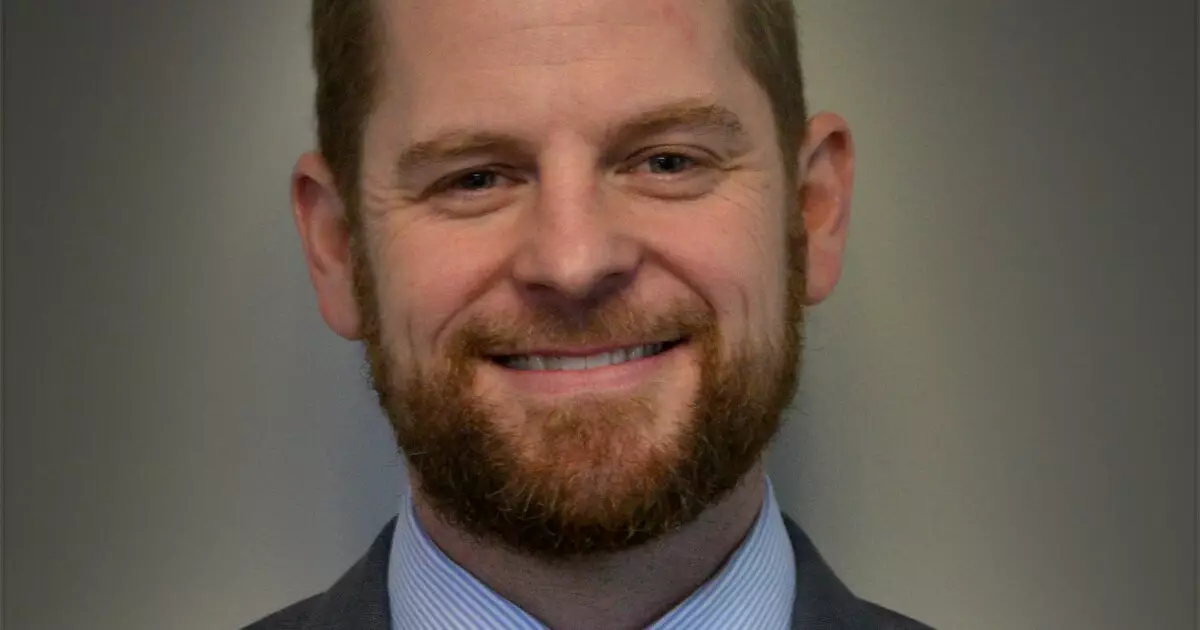The realm of local politics plays a pivotal role in shaping fiscal policies that ultimately impact communities across the United States. An ongoing debate surrounding the tax exemption of municipal bonds showcases this intersection of local needs and broader political agendas. Municipal bonds, which play an essential role in financing infrastructure, economic development, and affordable housing projects, are now positioning themselves at the center of a contentious fiscal discussion. The push to maintain the tax-exempt status of these bonds does not just reflect financial interests but also illustrates a deeper struggle between local governance and national policy, especially in the context of the Trump administration’s new tax cut initiatives.
The tension arises from the need for funding. While municipal bonds serve as a financial lifeline for many communities, the current administration’s pull for tax cuts presents a stark dichotomy. For lawmakers, especially those representing traditionally Republican districts, the question emerges: why should they eliminate a critical funding source that directly benefits their constituents? Toby Rittner, the president and CEO of the Council of Development Finance Agencies, encapsulates the paradox: “It is totally counter-intuitive that a Republican district would be thinking about eliminating a tool that finances the very infrastructure and economic development.”
Key figures in this legislative battle are representatives who sit on influential committees and possess the power to sway decisions regarding tax policies. Representative Rudy Yakym of Indiana’s second district is among those who may hold the fate of municipal bonding in his hands. As a member of the House Ways and Means Committee, Yakym has the unique opportunity to shape discussions that will determine the future of tax provisions stemming from the Tax Cuts and Jobs Act. Being highly visible in these debates, Yakym’s stance can significantly influence the overall discourse, making lobbying efforts directed at him crucial for groups advocating for municipal bond exemptions.
In a statement reflecting the significance of this dialogue, Jarron Brady, a policy analyst with the Government Finance Officers Association, disclosed ongoing communications with Yakym’s team about upcoming briefings. These discussions indicate the urgency with which stakeholders are handling the matter. With a deadline for committee proposals approaching, the financial community is bracing for a wave of media leaks that could reveal the administration’s plans regarding municipal bonds. The timing highlights the intertwined nature of politics and public finance, wherein decisions made within legislative confines can have profound implications for local economies.
The American Public Power Association (APPA) has recognized Yakym’s efforts and his role as a staunch ally of public finance. His recent Public Service Award underscores the appreciation for his advocacy on behalf of municipal financing. Scott Corwin, the president and CEO of APPA, recently remarked on the significance of tax-exempt municipal financing as a driving force for job creation and infrastructure development. The validation of Yakym’s work extends beyond mere accolades; it roots itself in the urgent reality that communities depend heavily on these financial mechanisms to sustain themselves.
Moreover, the APPA represents a vast network of community-owned utilities that serve a substantial portion of the nation. These utilities rely on tax-exempt municipal bonds to fund a range of vital services from power generation to emissions controls. Consequently, the preservation of municipal bond tax exemptions is not merely a fiscal concern; it embodies the essence of community welfare.
In an effort to bolster municipal financing tools, Yakym has collaborated with representatives from both sides of the aisle to reintroduce the Investing in Our Communities Act. This legislation aims to restore advance refunding of tax-exempt municipal bonds, a vital tool that was eliminated in the previous administration’s tax reforms. The bipartisan nature of this initiative reflects a growing recognition that municipal financing is not a partisan issue; rather, it is a critical resource that transcends political divides.
As the political climate continues to evolve, advocates for maintaining the tax-exempt status of municipal bonds must remain vigilant. Engaging local politicians and harnessing community voices are crucial strategies to navigate the complexities of federal policy while ensuring that grassroots interests are adequately represented. Local politics stand at the forefront of an ongoing battle—a battle that holds significant implications for the sustainability and development of America’s communities.

